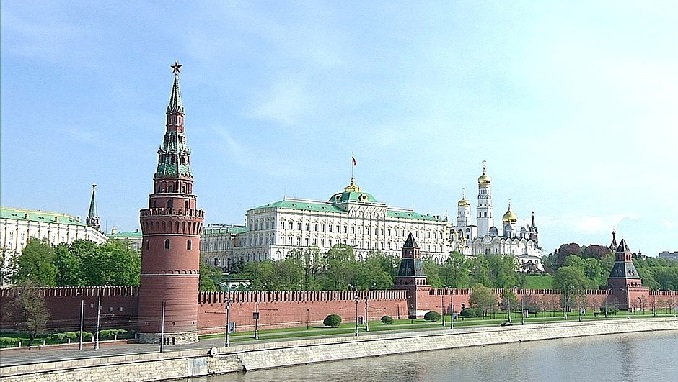Russia will be forced to reciprocate if EU states decide to expel Russian diplomats, Izvestya writes on Monday citing sources in diplomatic circles. The news comes after leaders of countries in the European Union passed a decision to recall EU Ambassador to Russia Markus Ederer for consultations over the Skripal case.
Given that some member states were reportedly looking at either recalling their diplomats from Russia or expelling Russian diplomats, decisions are expected later in the day, the newspaper says.
Experts interviewed by Izvestya said the expulsion of diplomats is a troubling sign. The head of the the Parliament Upper House’s International Affairs Committee Konstantin Kosachev said that “any decision like this should be followed by a tit-for-tat response from the Russian side.”
“Each of our opponents should clearly understand that such decisions are not only taken against the headcount of Russia’s diplomatic staff in the country, but against the total headcount of its diplomatic representation,” he specified. “This is not our choice, but we should leave no space for any ambiguity here,” Kosachev stressed. Sources in Russia’s foreign ministry confirmed that Moscow would have to stick to a tit-for-tat approach in this case.
Meanwhile, Mark Galeotti, senior research fellow at the Institute of International Relations in Prague, expects potential sanctions imposed by several allies “to become a crucial political signal.
“Such measures are necessary because they will hinder Russia from carrying out intelligence operations, which apart from information collection contain such active measures as fueling tensions in EU society and supporting European populists,” he told Nezavisimaya Gazeta, adding that he sees “those actions assumed by Moscow to be part of an undeclared political war.” However, few experts anticipate Russia to change stance after more restrictions are imposed, Nezavisimaya says.
The participants of the EU Council meeting expressed solidarity with London late last week and pledged to support an investigation into the alleged poisoning incident with Sergei Skripal, formerly an agent of Russia’s Main Intelligence Directorate who was convicted in his country for spying for the United Kingdom.
The European Council agreed with London’s assessment that it was ‘highly likely’ that the Russian Federation is responsible, it said in a final statement released after the meeting. The European Council adopted no practical measures against Moscow concerning the Skripal case.












